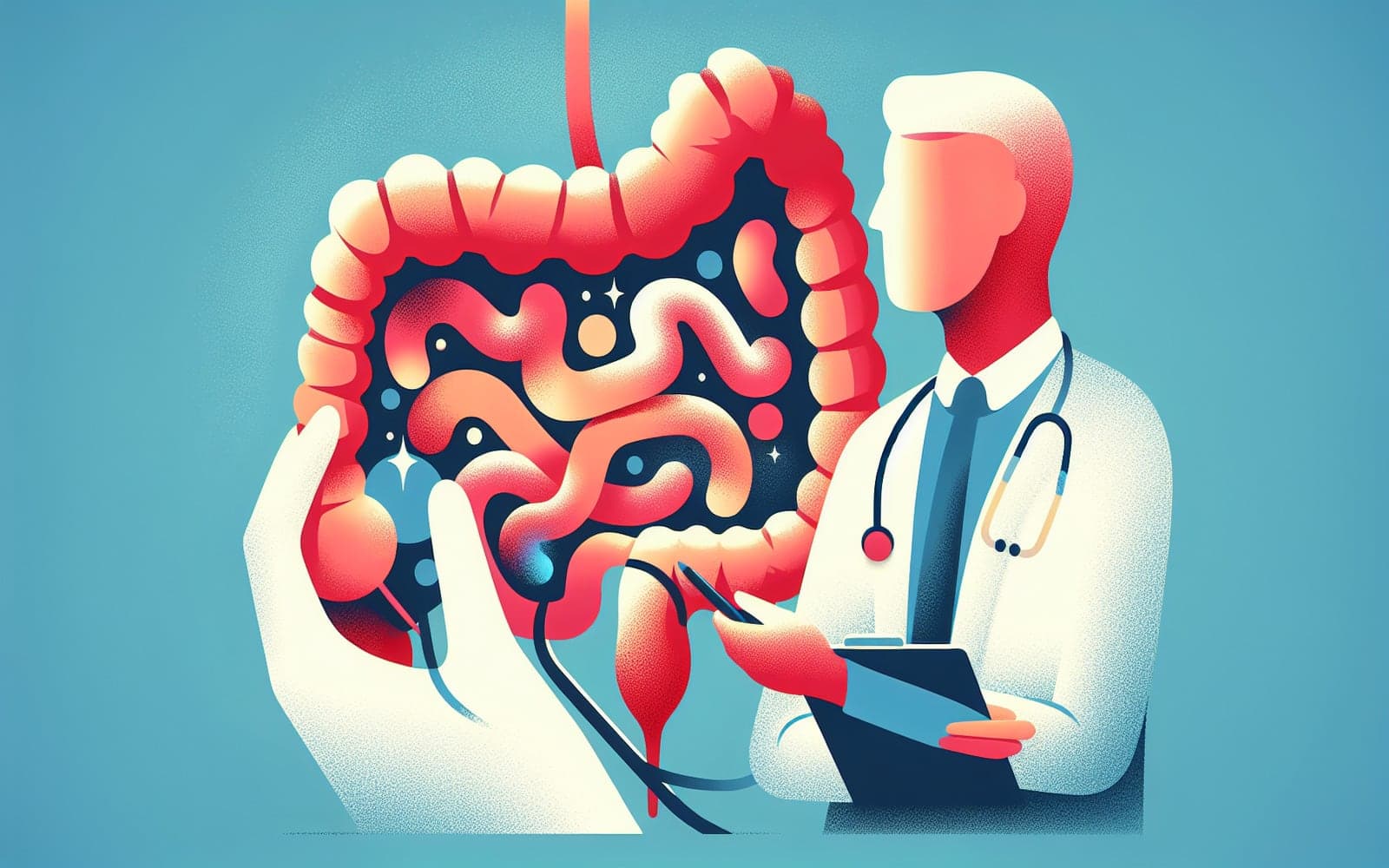What's the Scoop on Anorectal Abscesses?
Published: Jun 05, 2024

Medically reviewed by Alan Lucks | MD, Alan Lucks MDPC Private Practice - New York on June 5th, 2024.
Anorectal abscesses are painful infections that form near the anus or rectum. Understanding what they are and how they're treated is crucial for anyone experiencing severe anal pain.
Contents
Types and Symptoms
Anorectal abscesses come in several types, including perianal, ischiorectal, and intersphincteric. The most common symptom is severe pain in the anal area, often accompanied by fever, swelling, and sometimes drainage. Perianal abscesses appear as tender lumps near the anus, while deeper abscesses may only be felt during a rectal exam.
Causes and Risk Factors
These abscesses typically start when an anal gland gets clogged and infected. Think of it like a pimple, but in a much more sensitive area. Men are twice as likely to develop anorectal abscesses compared to women. Other risk factors include Crohn's disease, diabetes, and a weakened immune system.

Diagnosis and Treatment
Doctors diagnose anorectal abscesses through physical examination and sometimes imaging tests like CT scans. The main treatment is surgical drainage, which involves making an incision to let the pus out. It's crucial to get treatment promptly to prevent the infection from spreading. After drainage, antibiotics are often prescribed to help prevent complications.
Frequently Asked Questions
About 100,000 cases occur annually in the US.
Yes, up to 44% may recur within a year.
Recent studies suggest packing may not be beneficial.
Yes, they can develop into chronic anal fistulas.
Key Takeaways
While anorectal abscesses can be painful and concerning, prompt medical attention and proper treatment can lead to quick relief and prevent complications.
If you're experiencing severe anal pain or suspect an anorectal abscess, don't wait - talk to Doctronic about your symptoms and treatment options today.Related Articles
References
Abcarian H. Anorectal infection: abscess-fistula. Clin Colon Rectal Surg 2011; 24:14.
Gaertner WB, et al. The American Society of Colon and Rectal Surgeons Clinical Practice Guidelines for the Management of Anorectal Abscess, Fistula-in-Ano, and Rectovaginal Fistula. Dis Colon Rectum 2022; 65:964.
This article has been reviewed for accuracy by one of the licensed medical doctors working for Doctronic. Always discuss health information with your healthcare provider.

